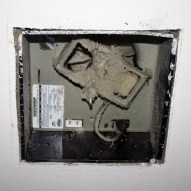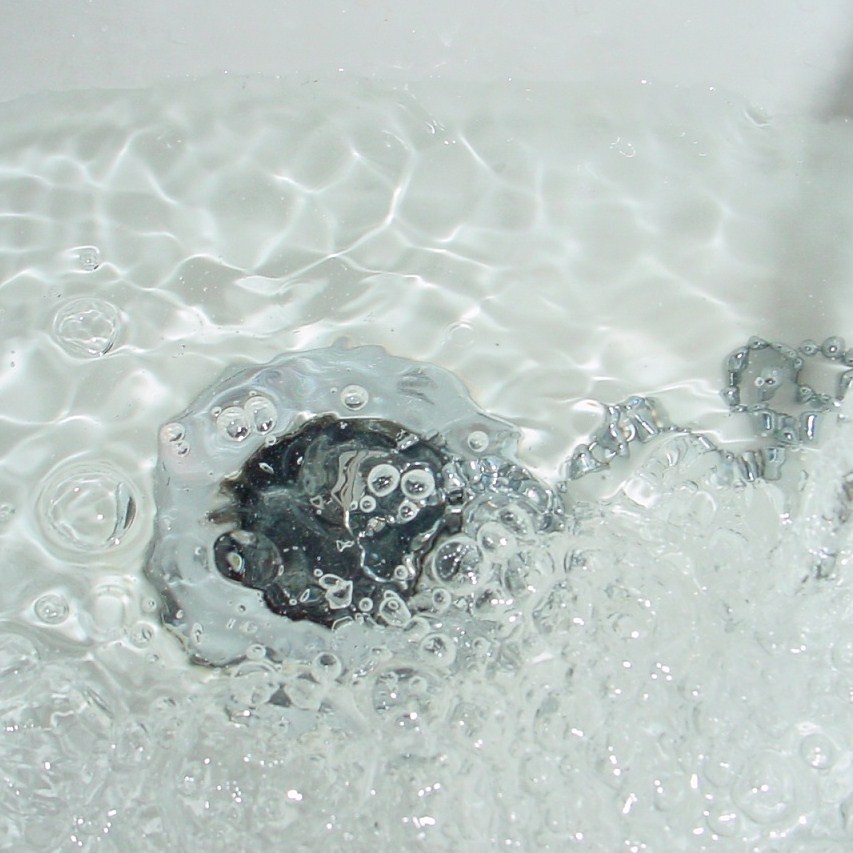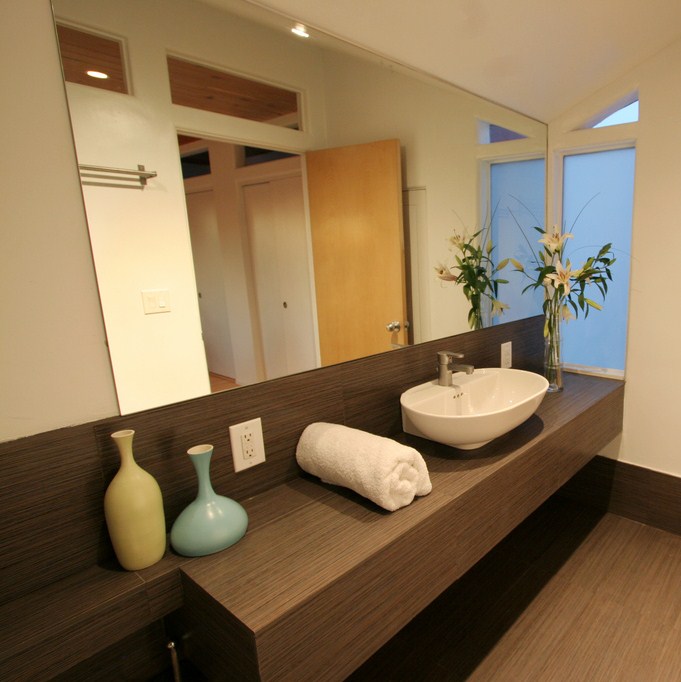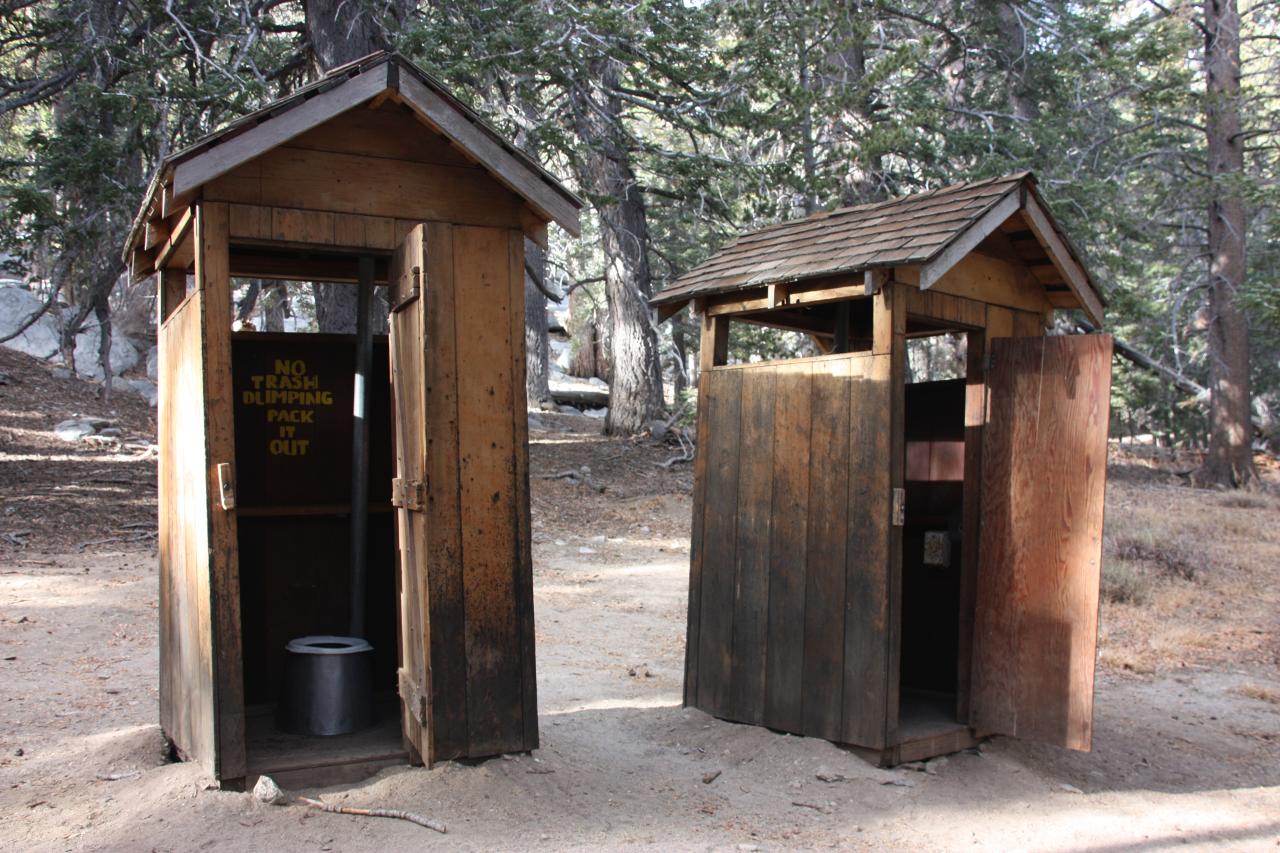Maintenance Tips: Whirlpool Tubs
According to the Study of Life Expectancy of Home Components, which was prepared in 2007 by the National Association of Home Builders (NAHB), the average life expectancy of a whirlpool tub is 20-50 years (number based on the fixture itself, not the circulation system). The life expectancy of the circulation system (the pump, fittings, and piping) will vary depending on the amount of use. A whirlpool tub should be maintained like any other bathtub or shower, with one exception: what you don't see. A whirlpool tub's circulation system isn't readily visible, providing a perfect environment for the growth of bacteria.
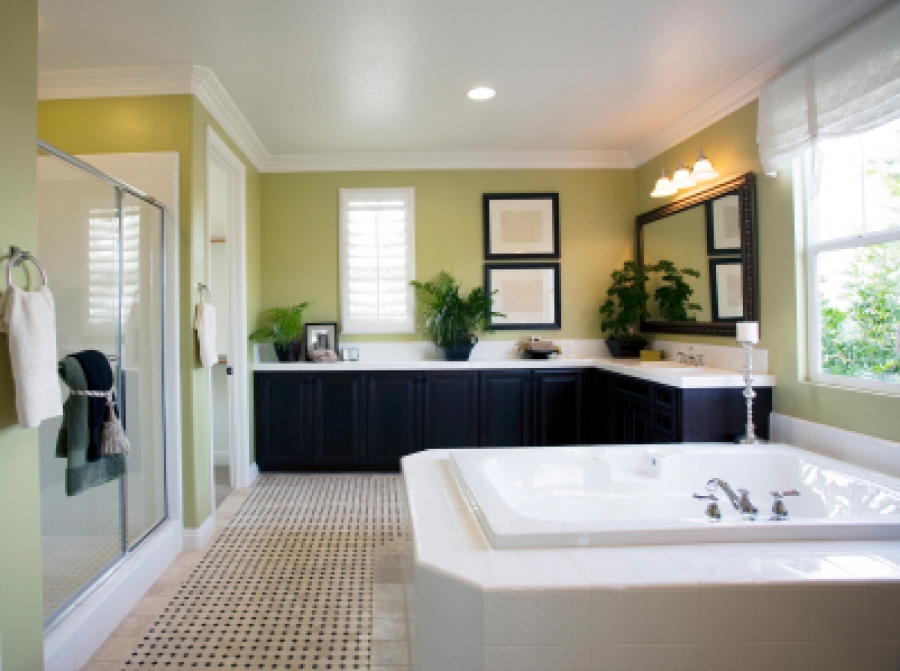
Whirlpool Preventative Maintenance
Maintenance Tips: Bathrooms
Maintenance Tips: Bathroom Exhaust Fans
Maintenance Tips: Bathtubs and Showers
Maintenance Tips: Bathroom Vanities
Maintenance Tips: Toilets
Each use of a whirlpool tub exposes the circulation system to residue. This residue accumulates on the inside lining of the piping and fittings that supply water through the tub's jets. If the system is not properly maintained, the incoming water can become contaminated when the jets are turned on and could cause bacterial infection or serious illness.
Following the manufacturer's recommendations in avoiding oil-based soaps, bubble bath soaps, and bath and mineral salts is an important part of preventative maintenance. Avoiding these products will eliminate potential pump issues and ensure that an excessive amount of residue is not sticking to the interior walls of the piping. Depending on its use, a whirlpool tub's circulation system should be flushed of residue accumulation on a monthly or bi-monthly basis or, if possible, after each use.
It is important to note that, since 1968 when Jacuzzi introduced the first residential whirlpool tub, no cleaning method has been developed that can ensure a circulation system is completely flushed and entirely cleaned. That being said, specially formulated commercial cleaning products are available on the market today -- or you can try a common household remedy -- to limit bacterial growth.
How To Clean Circulation Systems
To perform treatment with a household remedy, ensure that jets are adjusted to limit any air induction.
- Fill the whirlpool tub with hot water to an appropriate level (2" above the highest jet).
- Add two to four tablespoons of low-foaming dishwasher detergent.
- Open air induction to the maximum and run whirlpool jets for 10 to 20 minutes.
- Drain the tub completely.
- Again, close air induction and refill tub with hot water to an appropriate level and then add one cup of household bleach.
- Re-open air induction to the maximum and run whirlpool jets for 10 to 20 minutes.
- Drain the tub completely and refill with cold water.
- Drain and rinse off the tub surface.
Residue accumulation or scale deposits may persist on the interior walls of the piping, even after cleaning. You should consider having the whirlpool tub cleaned professionally on a yearly basis. A professional cleaner should flush, descale, and disinfect a whirlpool circulation system.
Whirlpool Hygienic Systems
Newer whirlpool bathtubs that have hygienic systems as part of the circulation system may not require the aforementioned maintenance. Hygienic systems clean bacteria as required by the National Sanitation Foundation (NSF) in Standard 50 for pools and spas. These systems typically have a port for adding cleaning solutions and controlled mechanics that allow a user to initiate a system flush.
Maintaining a whirlpool tub's unseen components ensures a long life expectancy for the circulation system, as well its ability to provide healthy, bacteria-free water for therapeutic massages and relaxing soaking.

Buildipedia Staff
The Buildipedia research and writing staff consists of dozens of experienced professionals from many sectors of the industry, including architects, designers, contractors, and engineers.
Website: buildipedia.com/
